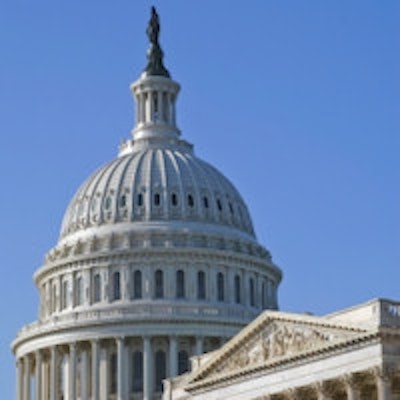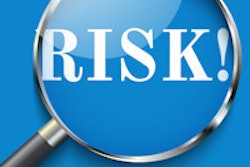
The U.S. Congress overstepped its bounds by passing legislation in December that delays implementation of recommendations from the U.S. Preventive Services Task Force (USPSTF) on breast cancer screening, according to an opinion published online in the Journal of the American Medical Association.
The 2016 Consolidated Appropriations Act (HR 2029) requires insurers to cover mammography screening every one to two years for women ages 40 and older -- a protocol in line with USPSTF's 2002 guidance. The law leapfrogs the task force's recommendation of biennial mammography for women of average risk starting at age 50, which was confirmed in final form on January 12.
Congress' action undermines women's right to make informed decisions based on the best scientific evidence, wrote Dr. Kenneth Lin of Georgetown University Medical Center and colleague Lawrence Gostin from the university's Law Center (JAMA, January 18, 2016).
"In the case of breast cancer screening, the USPSTF relied on four systematic evidence reviews of randomized controlled trials and other studies and data from six independent models," Lin and Gostin wrote. "When Congress required [the Department of Health and Human Services] to link insurance coverage policy to outdated public health guidance, it was making a scientific judgment for which it is distinctly unqualified."
The December legislation was meant to address a problem posed by the Affordable Care Act (ACA), which requires coverage for any preventive service receiving a USPSTF A or B grade. The task force's current guidance gives a C grade to mammography screening for women of average risk who are ages 40 to 49, which mammography advocates fear could endanger coverage for the exam for this population, the two wrote.
But using political tools for a scientific issue is dangerous, according to Lin and Gostin.
"Congress' paternalistic response to USPSTF mammography screening recommendations vividly illuminates the social costs of politically mandated care," they wrote. "Rather than benefiting women, political interference with science can discourage shared decision-making, increase harms from screening, and foster public doubt about the value and integrity of science."




















